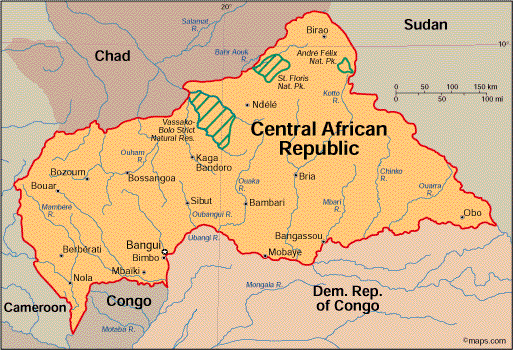The UN Embraces the Digital Age: Text Messaging for Change

The UN embraces the Digital Age: Text Messaging for Change
Pop!Tech, the global technology conference, was held last week, unveiling new projects designed to effect global change through technology. This conference displayed ways in which technology developed in countries of abundance could be used to ease the burdens in countries of scarce resources. One of these innovations is as simple as making text messaging more accessible to organizations working in developing countries. Ken Banks demonstrated FrontlineSMS, free software designed to harness the power of text messaging. Humanitarian groups and NGO’s can download this free software and use it to send information to people working in the field, so necessary information is never far away. The UN is using this technology to send security alerts in Afghanistan, while MercyCorps is using this software to send market prices to farmers and power a healthcare network in Malawi.











